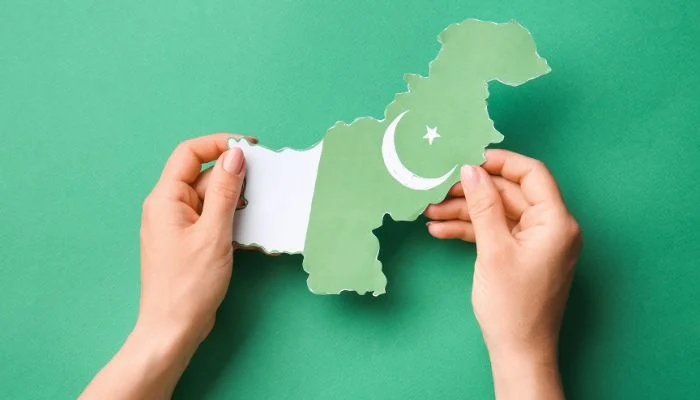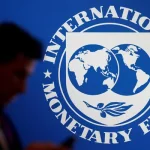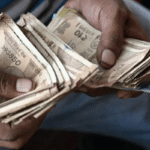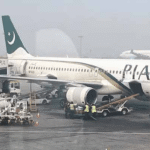On February 8, the people of Pakistan spoke clearly. Their favorite political party is Pakistan Tehreek-e-Insaf (PTI). Even though he is in jail, their favorite leader is more popular with them than any Pakistani politician in decades.
Under the circumstances of this election, winning 93 seats out of 266 is nothing short of a political miracle for the PTI. The party has established itself as the dominant force in Pakistani politics. The history of large, immovable objects in Pakistani politics is hardly a love tale. More on the film noir genre in future columns, but first, let’s take stock.
Two questions remain about what will happen next. First, can the system (Pakistan’s Election Commission, judiciary, and, most importantly, civilian bureaucracy) that spoiled an otherwise perfect election day be trusted to clean up its own mess? Second, can a new, mature PTI move away from its populist binarism and become a powerful coalition builder?
Let us begin with the question concerning the system. There are some instances where the manipulation of outcomes appears flagrant and evident. When it became evident that PTI-backed candidates would form the largest single group in parliament, it was also clear that the results in several seats made no numerical sense. Salman Akram Raja from NA-128, Khurram Sher Zaman in NA-241, Taimur Khan Jhagra in PK-79, Meher Bano Qureshi in NA-151, and Dr Yasmin Rashid in NA-130 all have robust arguments for how their mandate has been compromised.
Some of the stories are Netflix-ready. The returning officer in NA-130 went on medical leave after overseeing an eighteen-hour delay in issuing the provisional consolidated result due to what the newspapers described as “a severe medical condition”. Given the vast differences in publicly available versions of Form 47 from NA-130, whatever the medical problem, an honest day’s work could have been the remedy. The dispute over how many of these stories exist, how many have valid grounds, and how many will be overturned is a fascinating one. The dispute extends to the PTI itself.
On the day after the election, PTI leader Aleema Khan claimed the party had won 185 of 266 seats, nearly double the number declared to have won (93). Later that day, PTI Chairman Barrister Gohar stated that the PTI has won 180 seats. Later, he stated that the party had evidence that 22 of the PTI-endorsed candidates had lost their seats.







